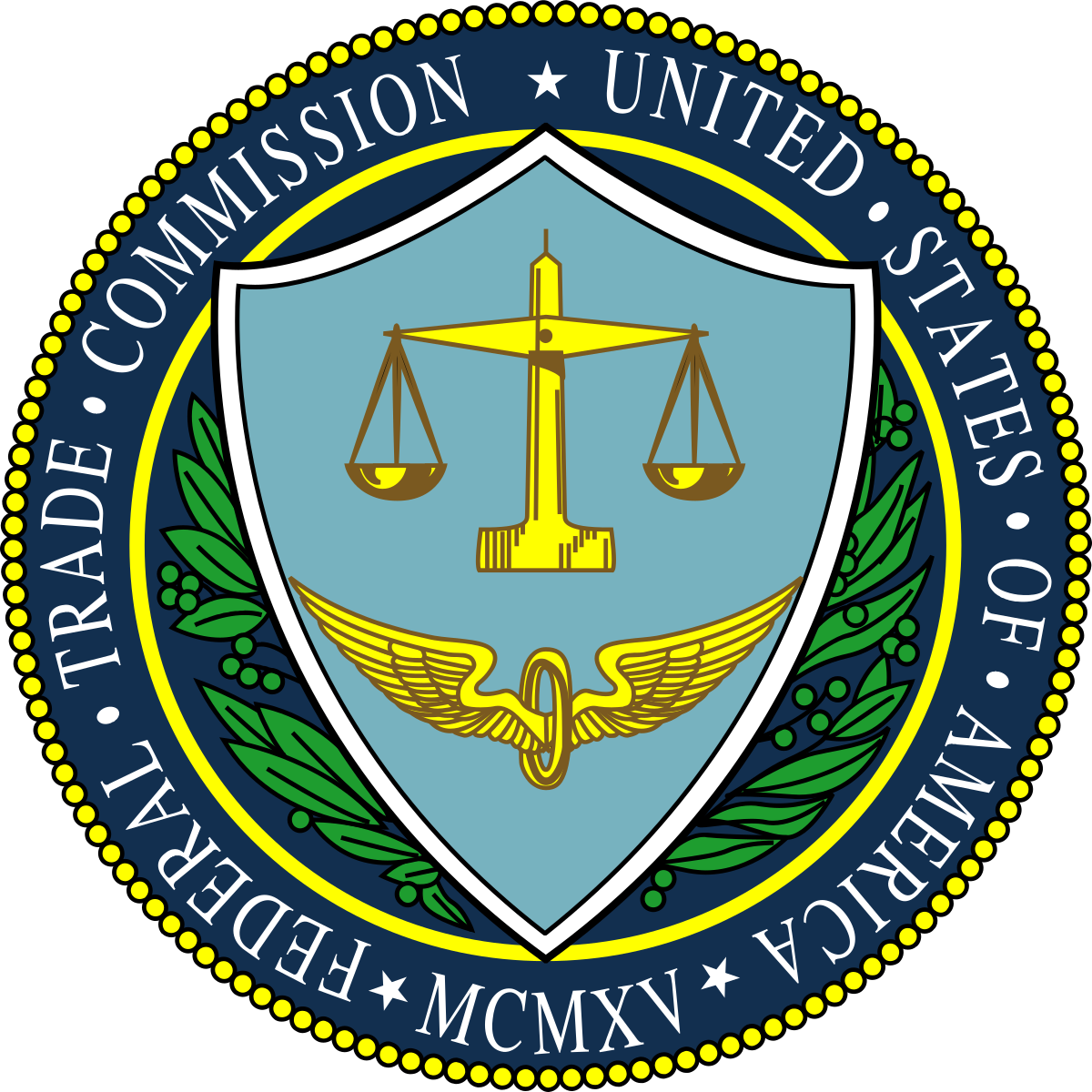
FTC
The Federal Trade Commission is sending checks totaling more than $316,000 to 10,689 people who lost money to a student loan debt relief scheme.
In a complaint first announced in March 2020, the FTC alleged SLAC (which also used the name Aspyre), Navloan, and Student Loan Assistance Center, and their owner, Adam Owens, falsely told consumers that, for an upfront fee of $699 and a monthly fee of $39, the defendants would permanently lower or eliminate student loan debt. In reality, the payments could change every year, and loan forgiveness was not guaranteed for any consumer. The FTC also alleged that the defendants paid consumers for positive reviews on the Better Business Bureau website and failed to disclose those payments.
As part of a settlement with the FTC, the defendants agreed to pay funds, which are being used to send payments to affected consumers.
People who receive checks should deposit or cash their checks within 90 days, as indicated on the check. Recipients who have questions about their checks can call the refund administrator, Analytics, at 888-440-0371. The FTC never requires people to pay money or provide account information to cash a refund check.
The FTC’s interactive dashboards for refund data(link is external) provide a state-by-state breakdown of FTC refunds. In 2020, FTC actions led to more than $483 million in refunds to consumers across the country, but recently the United States Supreme Court ruled the FTC lacks authority under Section 13(b) to seek monetary relief in federal court going forward. The Commission has urged Congress to restore the FTC’s ability to get money back for consumers.
The Federal Trade Commission works to promote competition and to protect and educate consumers. You can learn more about consumer topics and report scams, fraud, and bad business practices online at ReportFraud.ftc.gov. Like the FTC on Facebook(link is external), follow us on Twitter(link is external), get consumer alerts, read our blogs, and subscribe to press releases for the latest FTC news and resources.





